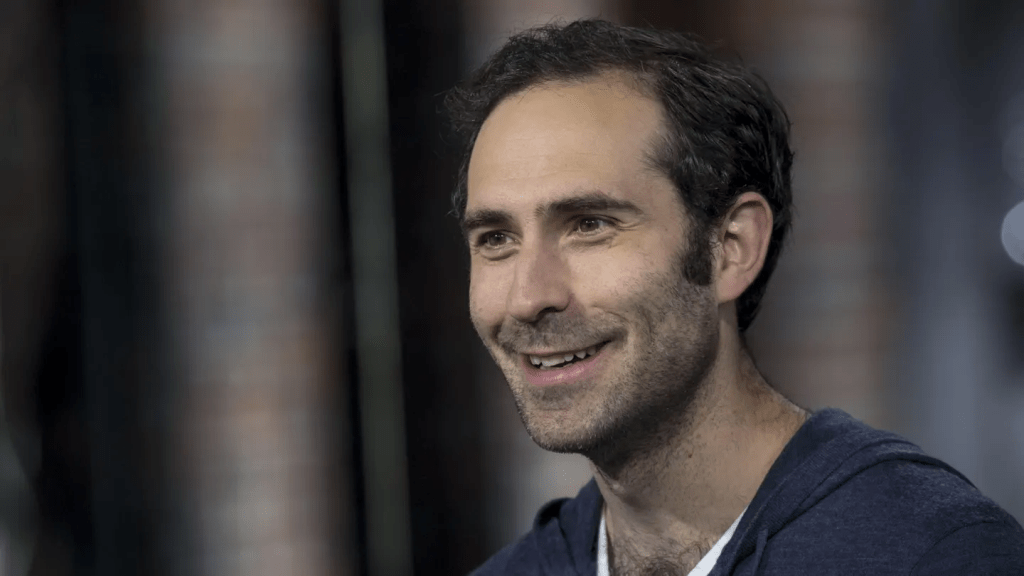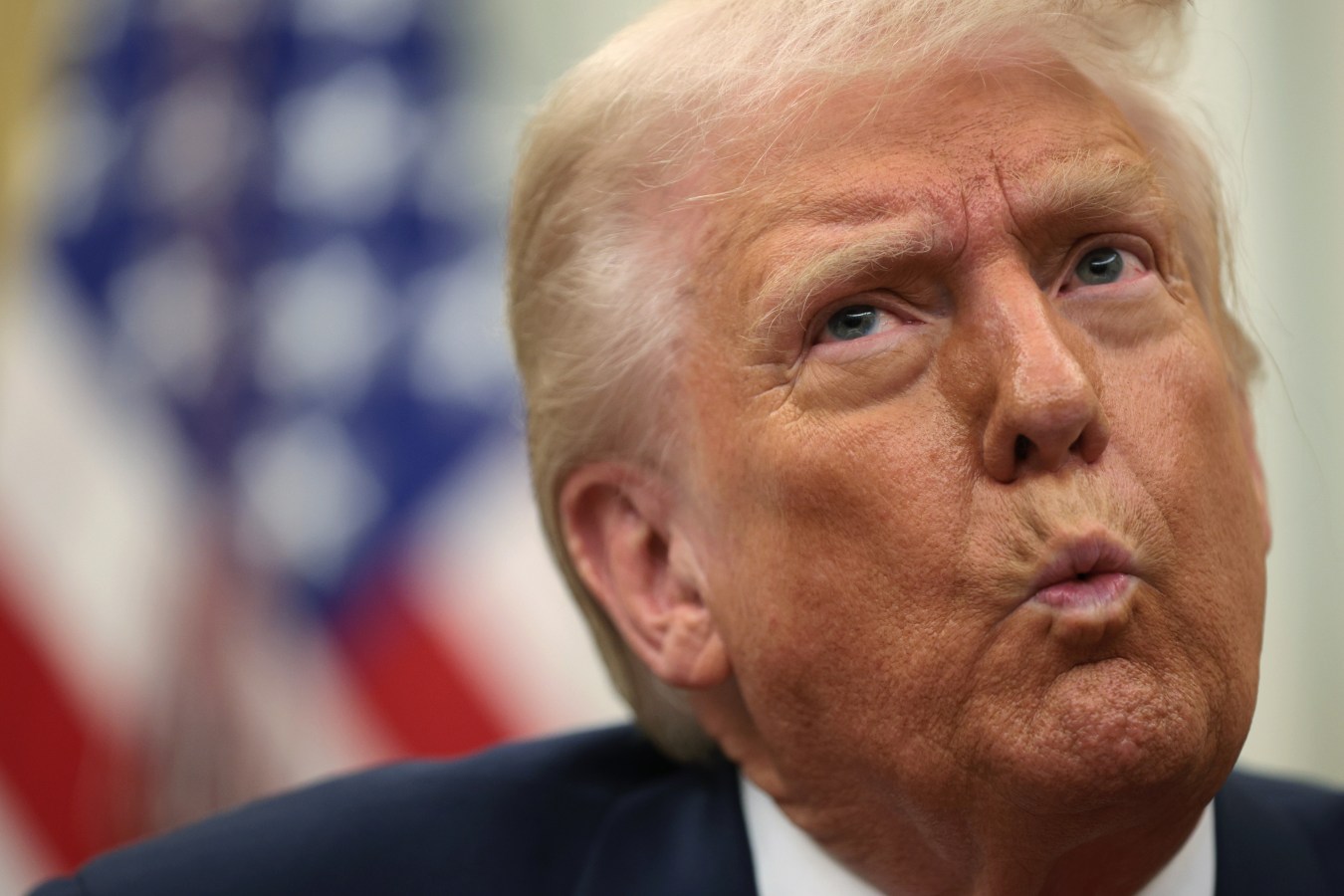In a surprise decision Sunday night, OpenAI’s board of directors picked former Twitch boss Emmett Shear as the company’s interim CEO following the dramatic firing of Sam Altman on Friday.

Key facts
- In 2006, Shear joined childhood friend Justin Kan and two other colleagues to launch the video streaming website Justin.tv, which would broadcast a 24/7 live stream of Kan’s life.
- Justin.tv would eventually expand to allow other creators to broadcast on the platform and eventually evolve into Twitch—a popular platform for live streamed video game content.
- In 2011, Shear became the CEO of Twitch, after it was spun off from the original Justin.tv website, and held that position for more than 12 years.
- Under Shear, Twitch was acquired by Amazon for just under $1 billion in August 2014.
- Shear announced in March he was stepping down as Twitch CEO, saying he was “now a father and ready to move to my next phase of life,” after more than 16 years at the company.
Crucial quote
Emmett Shear outlined his decision to accept the OpenAI role in an X post: “I took this job because I believe that OpenAI is one of the most important companies currently in existence.”
Commenting on Altman’s removal, Shear wrote: “The board did *not* remove Sam over any specific disagreement on safety, their reasoning was completely different from that. I’m not crazy enough to take this job without board support for commercializing our awesome models.”
News peg
One aspect about Shear that has drawn social media interest is the concerns he has expressed about artificial intelligence in recent months.
Appearing on the podcast The Logan Bartlett Show earlier this year, Shear first said it is “kind of amazing” that people have built AI, something that can solve problems.
Shear said he believes that, as AI improves, it will at some point be able to solve problems that include “all of the things you would need to design artificial intelligence.”
He said this is the point at which AI will be able to “fully self-improve itself” and “that kind of intelligence is very intrinsically a dangerous thing, because intelligence is power.”
On a separate podcast My First Million, which aired two months ago, Shear said the probability of AI “doing something very bad is 3 to 30%” and while he is optimistic things won’t go bad, the downside could be “probably worse than nuclear war.”
What to watch for
Shear acknowledged that “the process and communications around Sam’s removal has been handled very badly,” and said he will hire an independent investigator to “dig into the entire process leading up to this point,” and create a report.
He also said he plans to talk to as many OpenAI “employees, partners, investors, and customers as possible” and reform the company’s leadership to ensure “results for our customers.”
This article was first published on forbes.com and all figures are in USD.


